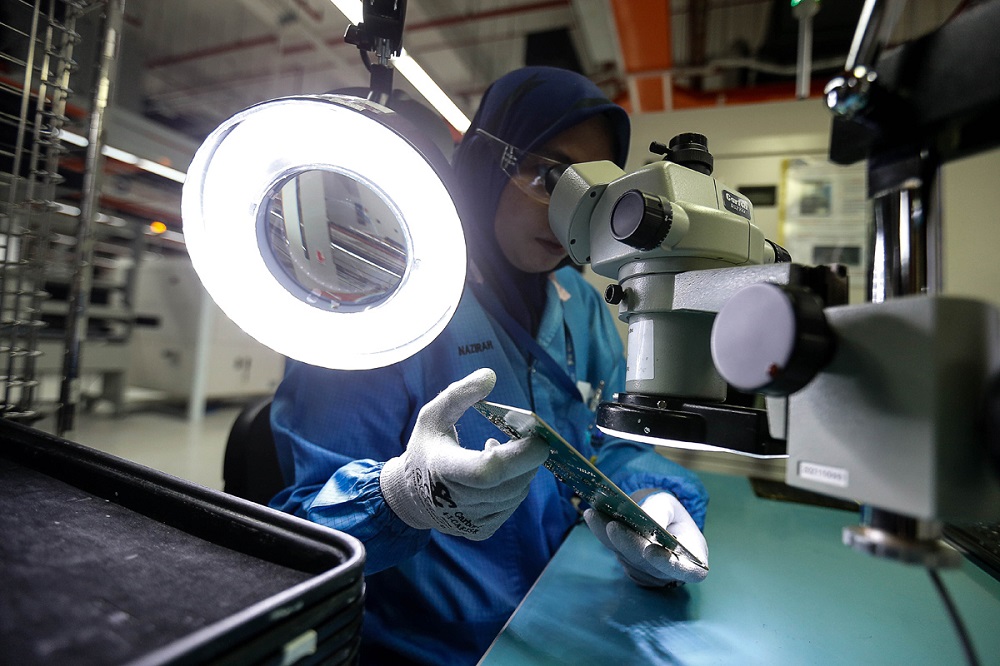KUALA LUMPUR, April 4 — Public Investment Bank Bhd (PIVB) is cautious about Malaysia’s manufacturing sector’s near-term outlook, given the ongoing supply chain disruption issue.
The research house said this issue could affect output directly, especially critical parts like chips which are widely used in almost all manufacturing products from vehicles to electrical and electronics.
“This could also be weighed by labour shortages which could take time to resolve.
“Sentiment could also be hurt by the growth slowdown in China and the country’s zero-Covid-19 policy which could disrupt the global supply chain further,” it said in a research note.
Malaysia’s manufacturing operating conditions deteriorated in March, with the manufacturing Purchasing Managers’ Index (PMI) falling to 49.6 in March from 50.9 in February due to price and supply pressures — a condition that has persisted over the past few months and reached its peak in March.
PIVB said operating conditions were also dampened by weakening demand due to rising Covid-19 cases and higher input prices which boosted output charges.
“Shortages in raw materials and delays in shipments remained a bane, resulting in renewed reductions in purchases and stocks of raw materials, while stocks of finished goods also scaled back at its fastest pace in eight months,” it said.
Meanwhile, Kenanga Investment Bank Bhd said manufacturers remained optimistic about future output, despite the lower manufacturing PMI numbers.
“The optimism was driven by hopes that the lifting of Covid-19 pandemic-related restrictions would aid the recovery in demand.
“Nonetheless, the degree of optimism fell to the softest level since October 2021 on concerns over the impact of Russia’s invasion of Ukraine,” it said in a research note.
It noted that the employment level fell in March due to a lack of available workers, subsequently increasing work backlogs and pressure on capacity.
As for the Asean PMI, PIVB said the turnaround in the manufacturing sector will be aided by the authorities’ better handling of the Covid-19 situation, thanks to much-improved Standard Operating Procedures and the resolve to implement targeted lockdowns for outbreak incidences.
“Full economic openings in most regions, especially in advanced economies and Eurozone will also push demand for manufacturing products, a boon for computers and hand-held devices.
“Rapid global transition towards 5G network for the global telecommunication sector will, in turn, push demand for mobile phones and smart devices,” it added. — Bernama






















